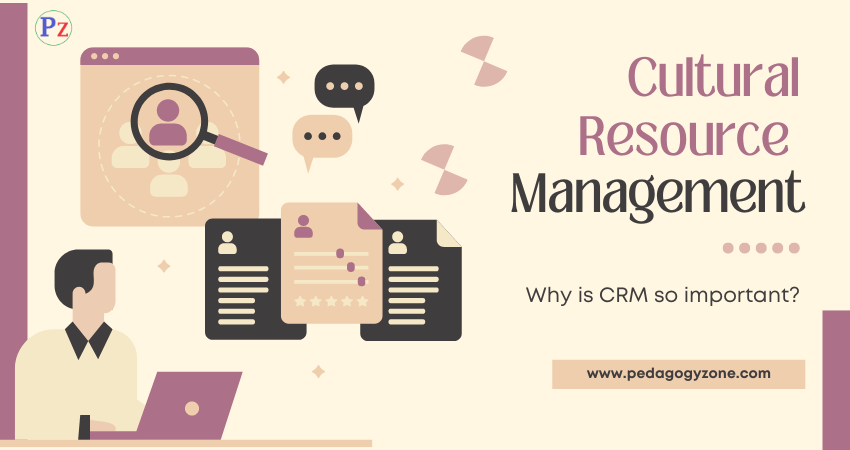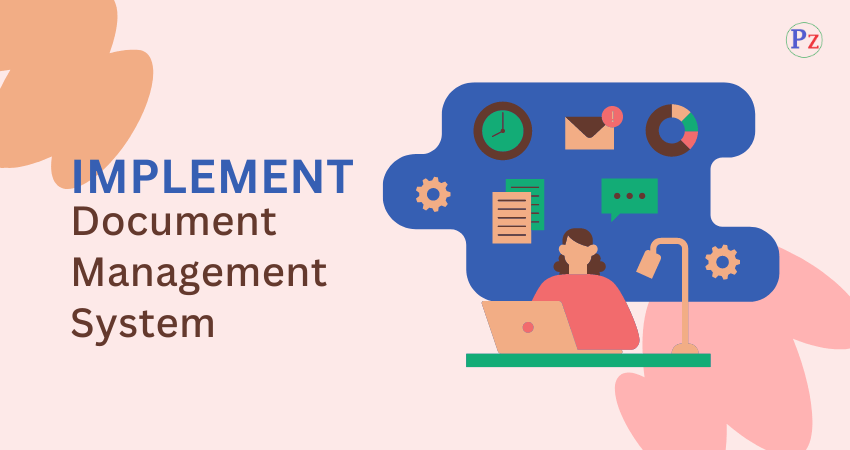Supplier Certification
✔ After supplier selection, the next step is the supplier certification process.
✔ In fact, supplier certification process starts only after the supplier begins shipment of the product to the organisation.
✔ Some of the benefits of supplier certification are:
- Elimination of receiving inspection, that allows the supplier to ship directly to stock.
- Creation of a customer-supplier partnership.
- Reduced number of suppliers, that reduces the overhead costs.
✔ The supplier certification process has been described by the supplier technical committee of ASQ on eight certification criteria and they are listed in Table 1.
Table 1. Supplier certification criteria
| 1. The customer and supplier shall have agreed upon specifications that are mutually developed, justifiable, and not ambiguous. |
| 2. The supplier shall have no product-related lot rejection for a significant period of time (say, one year or significant number of lots). |
| 3. The supplier shall have no non-product-related rejections for a stated period of time or number of lots. |
| 4. The supplier shall have no negative non-product-related incidents for a stated period or number of lots. This criterion covers incidents or problems that occur even though inspection and tests showed conformance to specifications. |
| 5. The supplier shall have a fully-documented quality system such as ISO 9000 or QS 9000. |
| 6. The supplier shall have successfully passed an on-site system evaluation. This evaluation could be by third party such as an ISO 9000 registrar or by the customer (second party). |
| 7. The supplier must conduct inspections and tests. |
| 8. The supplier shall have the ability to provide timely inspection and test data because this documentation is necessary when the product arrives. |




